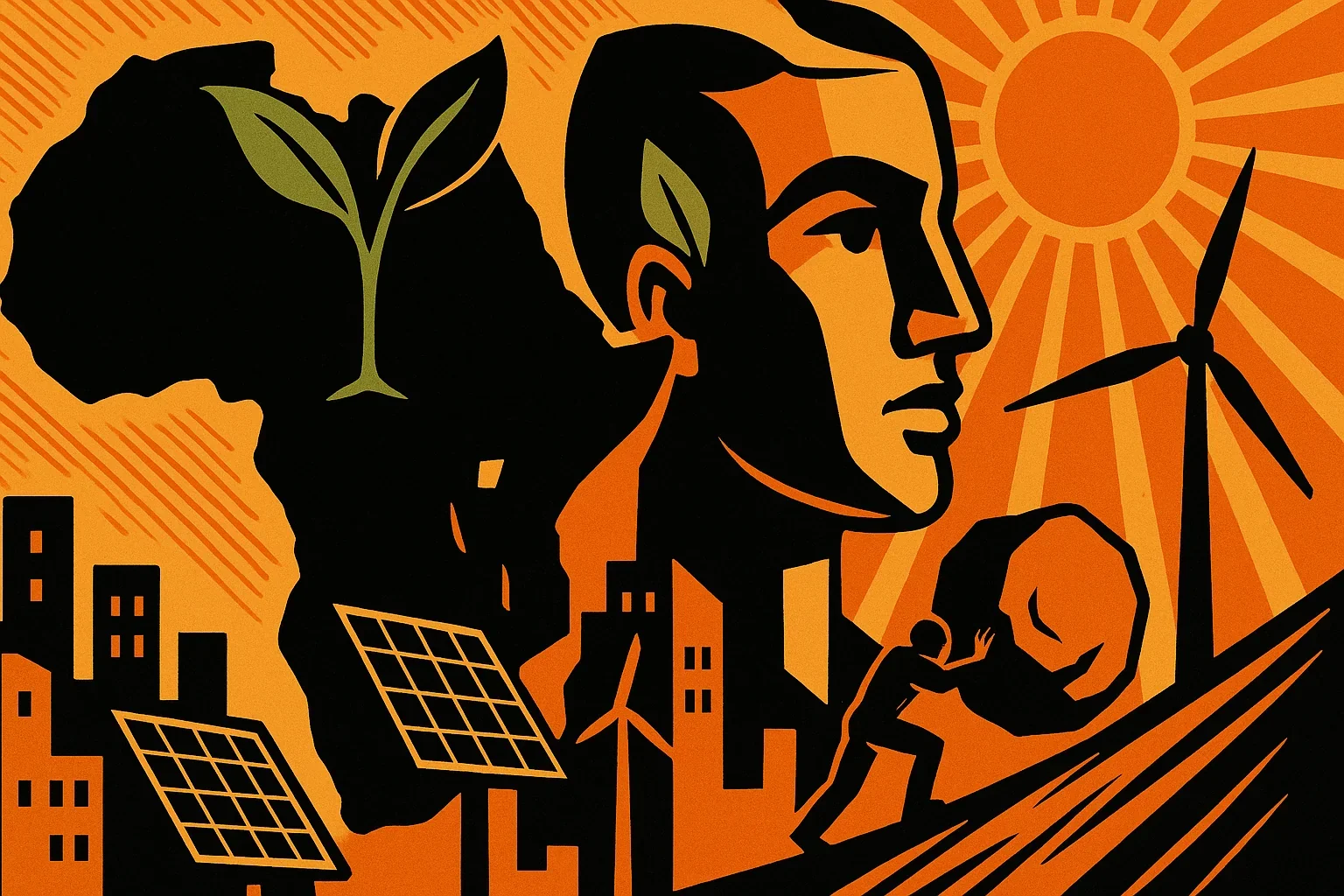The world is witnessing a radical shift towards renewable energy as part of the green transition, a necessary reaction to the growing environmental crises. Major countries are racing to achieve carbon neutrality goals, while the Arab world and Africa remain at a crossroads, as these regions hold tremendous opportunities and face huge challenges.
Renewable Energy: The Hope and the Challenge
Africa has 60% of the world's solar energy potential, but less than half of its population has access to electricity. Despite this, resources remain untapped, due to a lack of funding and infrastructure, deepening the gap between potential and reality. In contrast, Africa benefits from green investment only 0.6% of the total global investment in renewable energy. Financing challenges undermine the ability to develop renewable energy projects, as the cost of financing in Africa is many times higher than in developed countries.
The Middle East: From oil to clean energy
The Arab region, especially Gulf countries such as Saudi Arabia, the UAE and Qatar, are adopting long-term strategies to transition to renewable energy, such as the Neom project in Saudi Arabia, which aims to produce 130 gigawatts of renewable energy by 2030. The UAE is also moving to be a leader in clean energy through huge projects in solar energy and green hydrogen. However, the great discrepancy between these countries' statements about green transformation and their continued extraction of oil and gas raises questions about their seriousness in this transition.
Promising opportunities but
For example, in Morocco, investment in solar energy has generated more than 25,000 new jobs in the solar panel industry, and Egypt has succeeded in establishing the world's largest solar park in Benban, creating 10,000 direct jobs. This trend enhances energy security and helps reduce dependence on fossil fuel imports, as Morocco has done by increasing the percentage of electricity produced from renewable energy to 52%.
But...new dependency may be present
Despite these opportunities, there are concerns that the green transition may be a new "eco-colonization". Africa, for example, may become a provider of raw resources such as hydrogen and solar energy to big countries without really benefiting. Hydrogen projects in Namibia and South Africa may create thousands of jobs, but they may remain tied to the interests of foreign companies, reproducing unequal relationships.
Conclusion: Historic opportunity or new trap?
These questions pose challenges that require economic reforms and good governance to ensure that Arab and African countries benefit from this opportunity. If the returns are properly invested, green transformation can promote sustainable development and contribute to climate justice.
To view the video and read the full analytical paper, please scroll down.
Will a green transition really change the future of Africa and the Arab world?
Will the green transition be a tool to empower Arab and African countries, or will it turn into a new form of eco-colonialism?

Comments